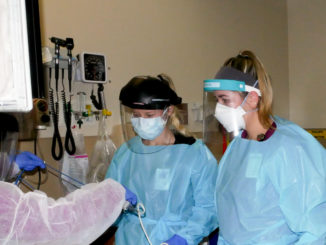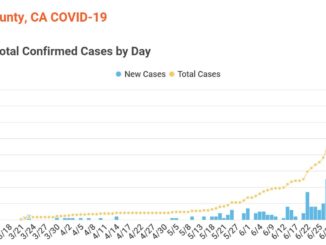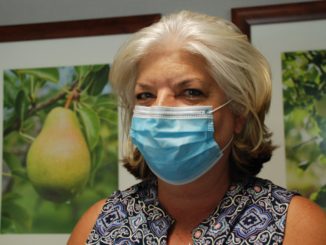Sequestered at home over the course of the pandemic, most of you undoubtedly have had a discussion—directly or through social media—with someone who’s shared “important information” about coronavirus.
People with time on their hands find ways to spend it. Many take to Google, YouTube, Facebook and Twitter, where rabbit holes await. Separating fact from fiction, information from misinformation, is not always easy, and it’s especially challenging with complex subjects such as medical science.
It’s one thing to be an armchair quarterback and question the play of a football team. It’s another to put on the air of an epidemiologist and second-guess actual doctors, nurses and public health officials. Yet, that’s what these so very helpful uncredentialed folks keep doing, be they anti-pharma liberals or anti-government conservatives—even the president.
Hot memes change fast, so let’s just take an example from last week. A group calling itself “America’s Frontline Doctors” asserted in a video that the drug hydroxychloroquine—an arthritis medicine that’s also used to fight malaria—cures COVID-19 in the early stages. President Trump not only retweeted the video but also supported its claims. By the time he did the latter, in a White House press conference, social media sites had removed it from their platforms citing inaccuracy.
Repeated clinical trials have failed to prove the effectiveness of hydroxychloroquine on this coronavirus, as has widely been reported by myriad media outlets. Both the World Health Organization and U.S. Food and Drug Administration caution against its use for this purpose. However, armchair experts remain unconvinced. Poaching statements from articles that advance their beliefs, they promote the drug—some going so far as saying everyone should take it, essentially prescribing without a license.
Loose talk poses other dangers. Face coverings shouldn’t be controversial, but here we are in August, the sixth month of California’s state of emergency, with masks still a bone of contention. People opposed to preventative measures fixate on specific statistics, such as death totals not rising apace with new cases, without broader analysis or context. A declining death rate shows coronavirus isn’t so serious? Maybe that shows prevention works! (Not to mention that death rates began spiking again recently, as most experts predicted,) Point is, it’s easy to jump to conclusions, much harder to seek out good answers.




Be the first to comment